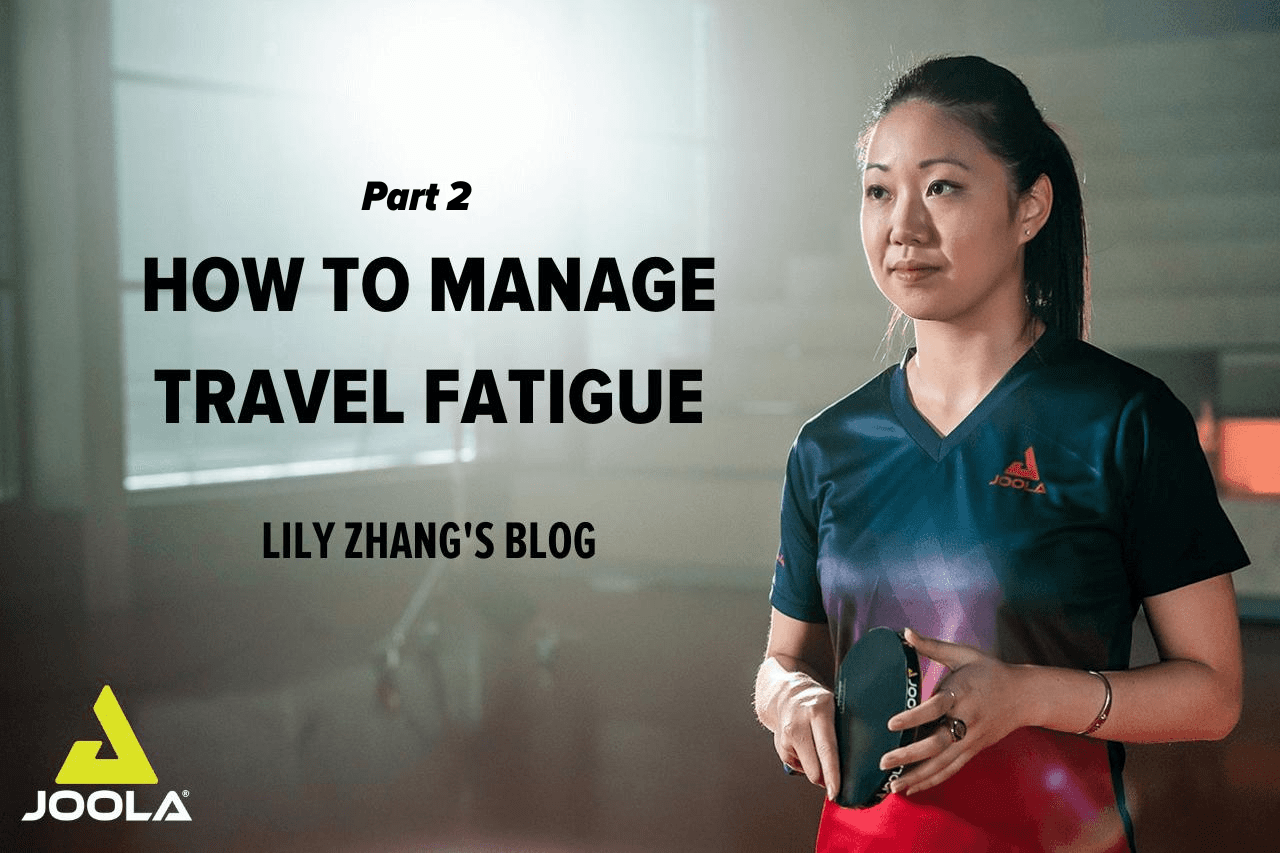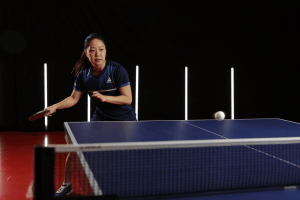Everyone seems to recognize the importance of physical recovery for elite athletes. It’s universally accepted. And while taking care of your physical body is absolutely crucial, it’s just as fundamental to be acutely aware of how you feel mentally and emotionally, particularly for those with a heavy training and demanding travel schedule. Even at peak physical shape, your psychological wellbeing will always have a direct correlation to how you feel and perform on the court. As a professional athlete that’s constantly on the road for training camps, competitions, and other events, I can offer some tips that have helped me personally recover mentally and emotionally. However, do keep in mind that recovery strategies are highly individualized, and each person has distinctive strategies to match their own needs.
Firstly, I’d suggest taking a step back and evaluating how you feel. And by how you feel, I mean, look for any signs of mental fatigue, such as lack of motivation or energy, increased anxiety, emotional and mood imbalances, and/or low self-confidence. If any of these symptoms begin to show up, it’s worth it to re-examine your routines and create more space and time for psychological recovery. Consider your brain as a muscle that needs just as much time, if not more, to recover as your physical body.
Before you even step foot out, it might be beneficial to do some research on the destination. It can be so daunting to step foot in a vastly different country on the other side of the world. By just allotting even a little bit of time to learn about the intended location, you can mentally prepare for what’s to come and know what to expect upon arrival. Furthermore, you can even research various sights to see, foods you want to try, and activities you want to do in the city. I actually love this because even during moments of extreme travel fatigue and homesickness, I still feel a surge of excitement and anticipation. It’s like being offered a new perspective of gratefulness, a reminder that I have the rare opportunity to consistently experience new places and cultures.
When you finally begin your journey on the road, your day-to-day routine is often thrown off course completely. You’re going to be experiencing jetlag, adjusting to an entirely new environment, and adhering to the organizing party’s schedule. You might feel out of control and your brain doesn’t recognize certain cues or routines that would normally prompt peak performance. Try grounding yourself with habits that allow your brain to take a breather away from the respective sport and associate with certain learned techniques or moments where you feel good. Some habits can range from yoga to watching Netflix to even eating a certain snack. I personally enjoy a light yoga session in the morning or re-watching/reading a favorite show or book. Even small actions like these really help me feel at ease and provide a sense of lightness and familiarity.
Furthermore, the combination of traveling and competing will automatically create stressors on the mind and body. Another effective way to mitigate those stressors is practicing meditation or other specialized relaxation techniques. Meditation is a scientifically proven way to unwind the body and allow the brain to focus on the present moment. You can even add or practice diaphragmatic breathing techniques in order to really focus your mind on the present and be able to relax your entire nervous system. Apps such as Headspace or Breethe can be a great tool for those who are unsure of where to start or want a guided practice.
Finally, and I cannot stress this one enough, do not self-isolate. It can be so difficult to be away from home, from loved ones, and from the comfort of safe and familiar surroundings. Particularly if you feel you’re in a rut or going through a period of tough losses. If you notice yourself slipping into a dark mental state, try your best to reach out and ask for help. Trust me. I’ve been there. I had fully convinced myself that I just needed to be strong and get through things on my own. But I quickly found out that this mindset will only be detrimental to your psychological well-being in the long run. A receptive support system is so vital to creating a safe space and buffering the stress and anxieties that come with sport and even life itself.
Being a professional athlete requires so much physical exertion and training, but there is also so much more to it that’s not exactly visible to the naked eye. At the end of the day, it’s really up to you to invest in your psychological well-being and prioritize how you feel mentally and emotionally. Everyone has different recovery strategies, but take the time to figure out which ones work best for you. Rejuvenate your mind, and your body will follow.




